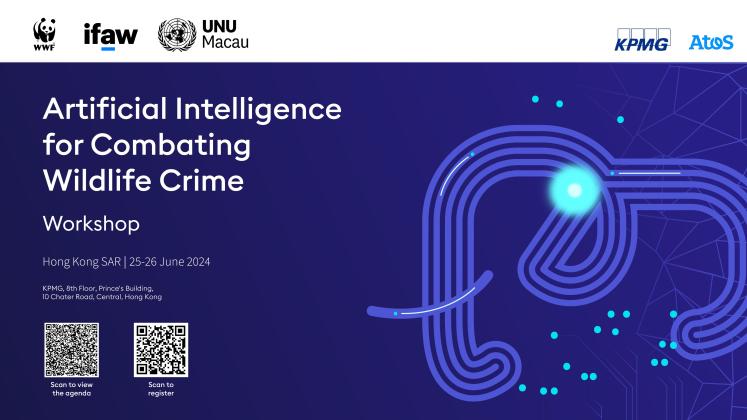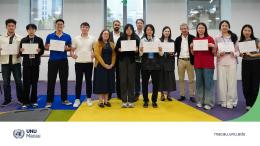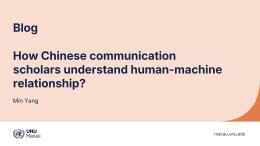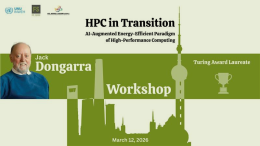The Artificial Intelligence (AI) for Combating Wildlife Crime Workshop, organized by WWF, the International Fund for Animal Welfare (IFAW), and the United Nations University Institute in Macau (UNU Macau) – in partnership with, KPMG, and ATOS, took place on 25-26 June, 2024 in Hong Kong. This action-oriented public-private platform promotes the use of AI in advancing the detection and suppression of wildlife crime, fostering broader collaboration in conservation efforts, and addressing global development priorities.
According to the latest United Nations Office on Drugs and Crime (UNODC) World Wildlife Crime Report, more than 4,000 species around the world are being targeted by wildlife traffickers, causing “untold harm to nature”. Wildlife crime is driven by the demand for medicine, pets, bushmeat, ornamental plants, and trophies. Further, the report states that beyond the direct threat to the population of species posed by wildlife trafficking, the crime can also disrupt delicate ecosystems and their functions and processes; and threatens the socioeconomic benefits people derive from nature, including as a source of income, employment, food, medicine, culture, and more. It further corrodes good governance and the rule of law through corruption, money laundering, and illicit financial flows.
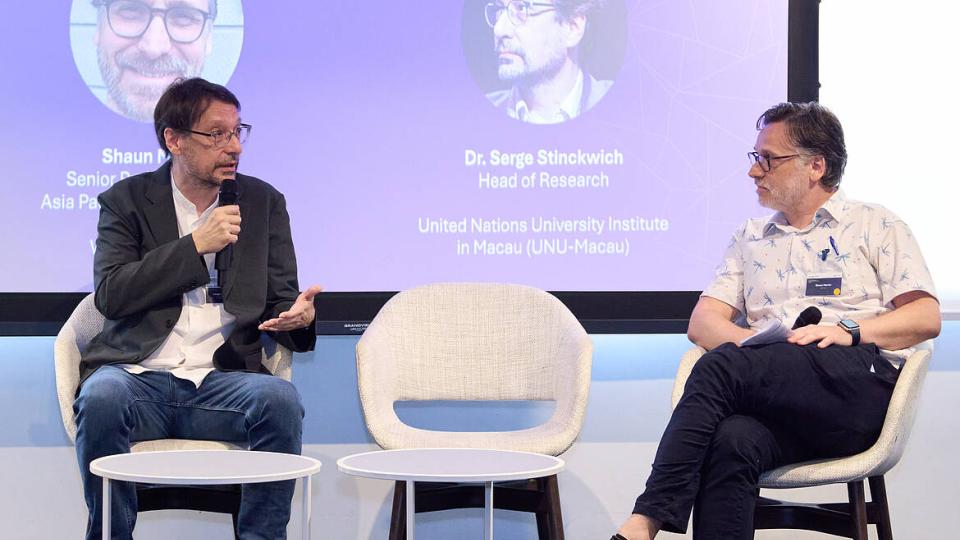
The two-day event brought together experts, policymakers, and stakeholders from various sectors to share best practices, strategize collective actions, and explore potential new funding sources to counter illegal wildlife trade (IWT) in source sites and supply chains. Attendees were introduced to the UNU Global AI Network, a comprehensive global platform uniting academia, the private sector, policymakers, and civil society to address the multifaceted challenges posed by AI on a global scale.
Highlights of the event included keynote presentations on the United Nations’ “AI for Good” initiative and the UNU Global AI Network, as well as sessions covering cyber-enabled wildlife crime, academic research in real-life tools for combating wildlife crime, AI in law enforcement, AI-enabled solutions in the internet industry, AI in predicting zoonotic disease risks and improved bio-surveillance, and AI in the supply chain.
The event also featured cross-sector collaboration and initiatives, as well as a session dedicated to young researchers and emerging leaders in AI research, showcasing innovative projects from university students.
For those attendees who were interested, WWF sponsored optional field visits to the Mai Po Nature Reserve and Hong Kong Park, offering practical insights into local conservation efforts.
To view a detailed agenda of the event, please visit here.
QUOTES
“AI has emerged as a powerful ally in the fight against wildlife crimes. WWF is deeply committed to exploring innovative solutions with tech companies on providing knowledge support to Large-scale Language Model, working with members of the Coalition to End Wildlife Trafficking Online and developing precise tailor-made social media campaigns based on big data technology to significantly impact illegal wildlife trade and demand reduction. Together, with nature-based AI solutions, we can create a future where wildlife thrives,” says Zhou Fei, Chief Program Officer of WWF Beijing Office.
“AI technology in combating wildlife crime is definitely a game-changer. It enhances our ability to track, monitor, and respond to illegal activities in more real-time,” says Daniel Bradshaw, Chairman, WWF Hong Kong.
“Over the past two decades, IFAW has been monitoring the illegal wildlife trade online and witnessed how criminals (had) evolved their technology to make combating wildlife cybercrime increasingly challenging. This event aims to bring different stakeholders together to explore AI-empowered solutions, because only then can we move from a reactive response to a proactive approach to tackle wildlife crime,” says Jeff He, IFAW China Country Director.
"KPMG is proud of its long-standing association with WWF and our shared commitment to making the world a better place. This workshop presents a significant opportunity for alignment as the business and financial sectors increasingly recognize the importance of nature, biodiversity, and environmental protection. The illegal wildlife trade is a colossal industry, amounting to billions of dollars annually, yet it receives insufficient attention. We must highlight, challenge, and dismantle the ecosystem that supports this trade by leveraging artificial intelligence and other advanced tools," says Andrew Weir, Global Chair, Asset Management KPMG.
“Environmental Sustainable Development Goals such as SDG 15 (Life on Land) are not addressed sufficiently by innovations provided by the use of Artificial Intelligence or Big Data. By connecting the expertise of academia, the innovation of the private sector, the foresight of policymakers, and the grassroots engagement of civil society, the UNU Global AI Network aims to foster collaborations that advance the UN's AI for Good initiative and drive the SDGs, including responding to illegal wildlife trade that poses a significant threat to biodiversity and ecosystems worldwide,” says Serge Stinckwich, Head Of Research at the United Nations University Institute in Macau.

